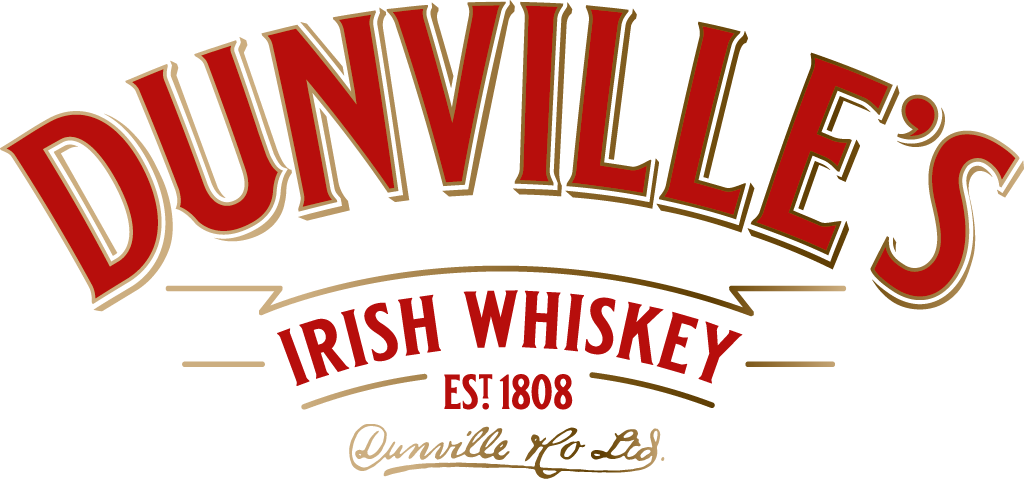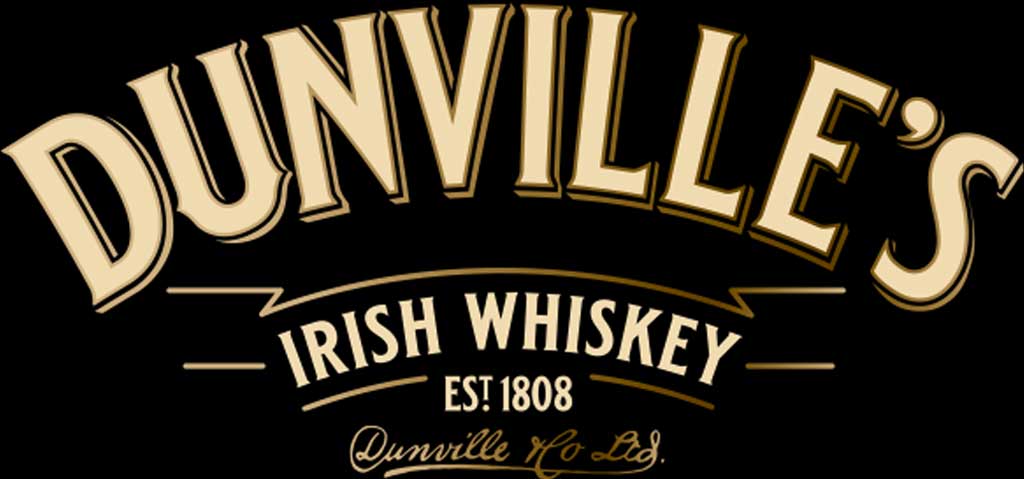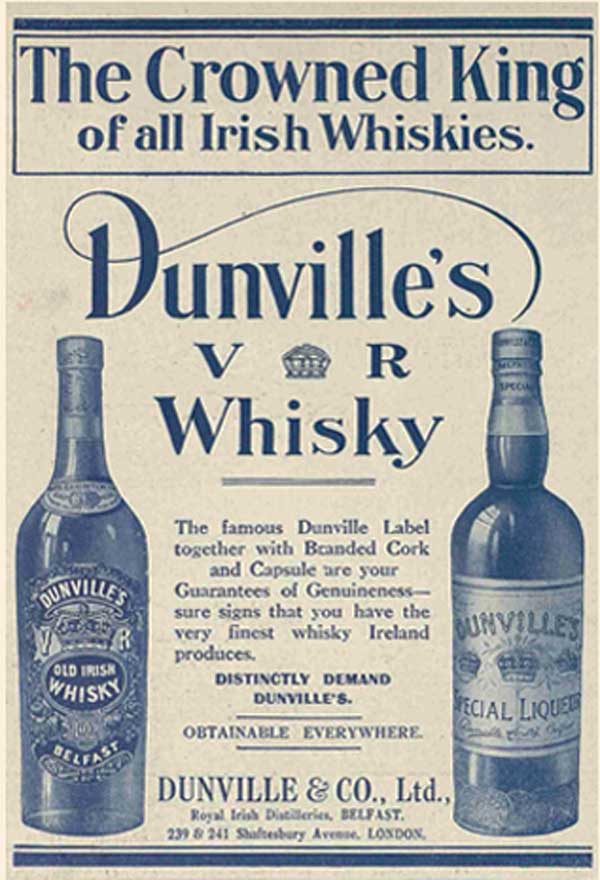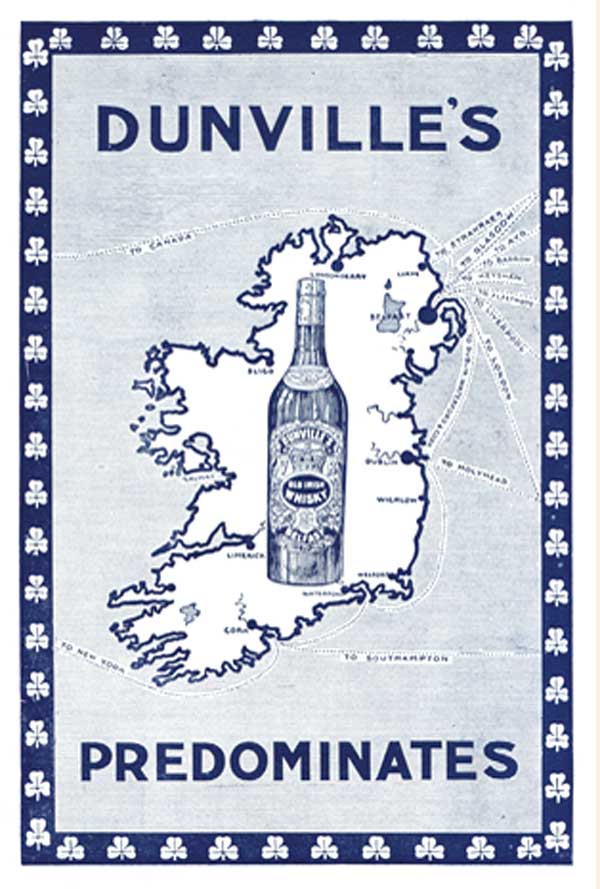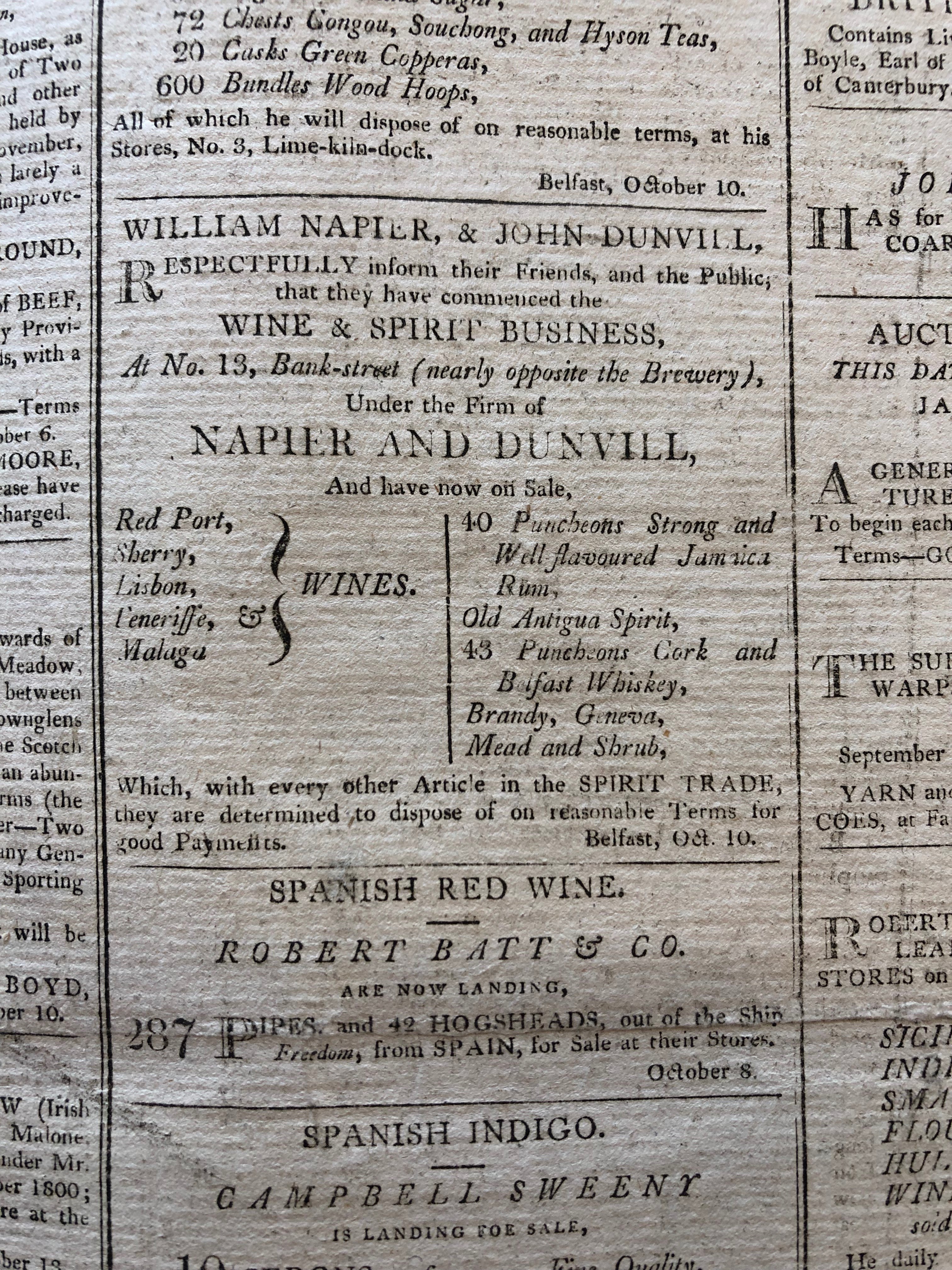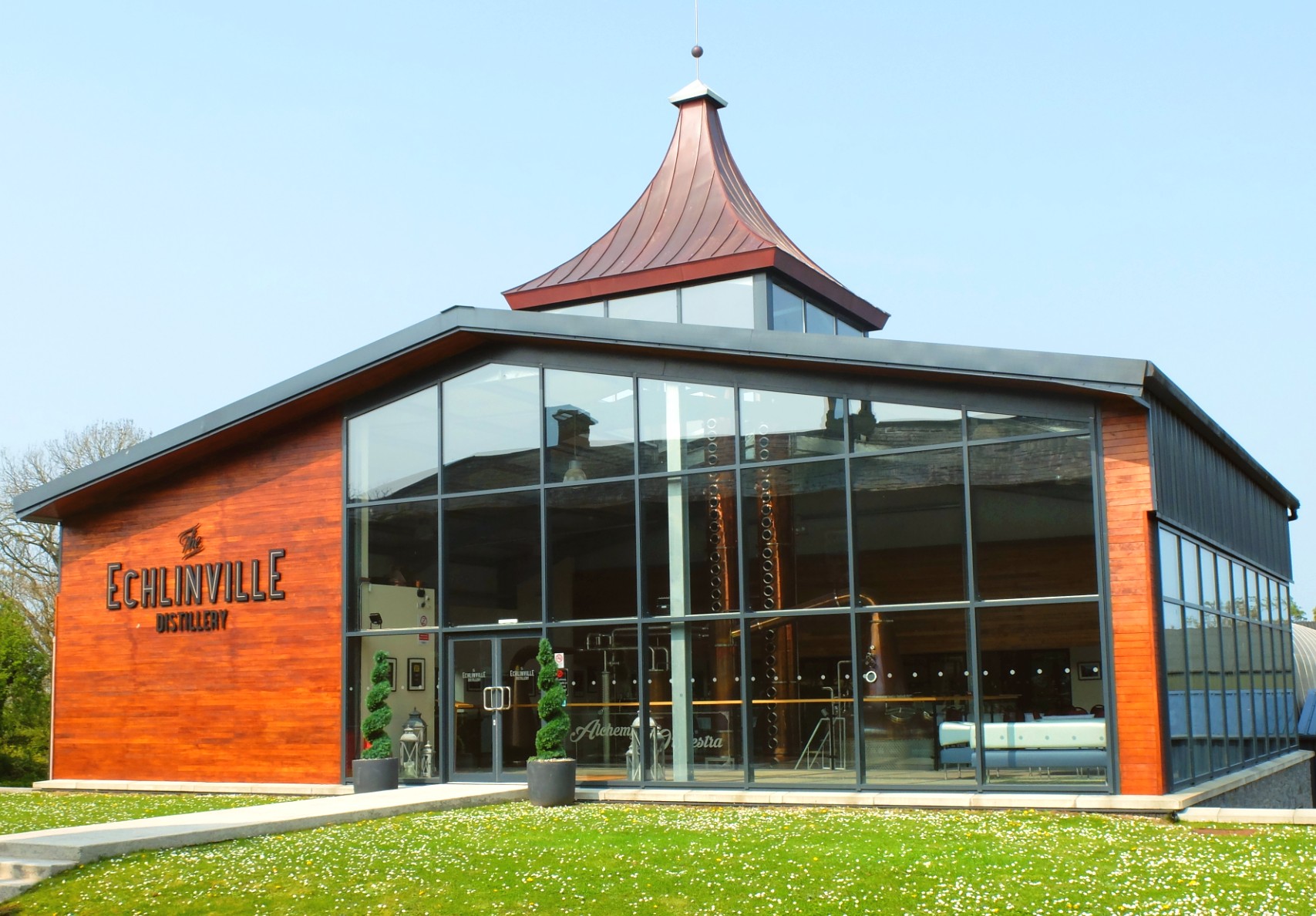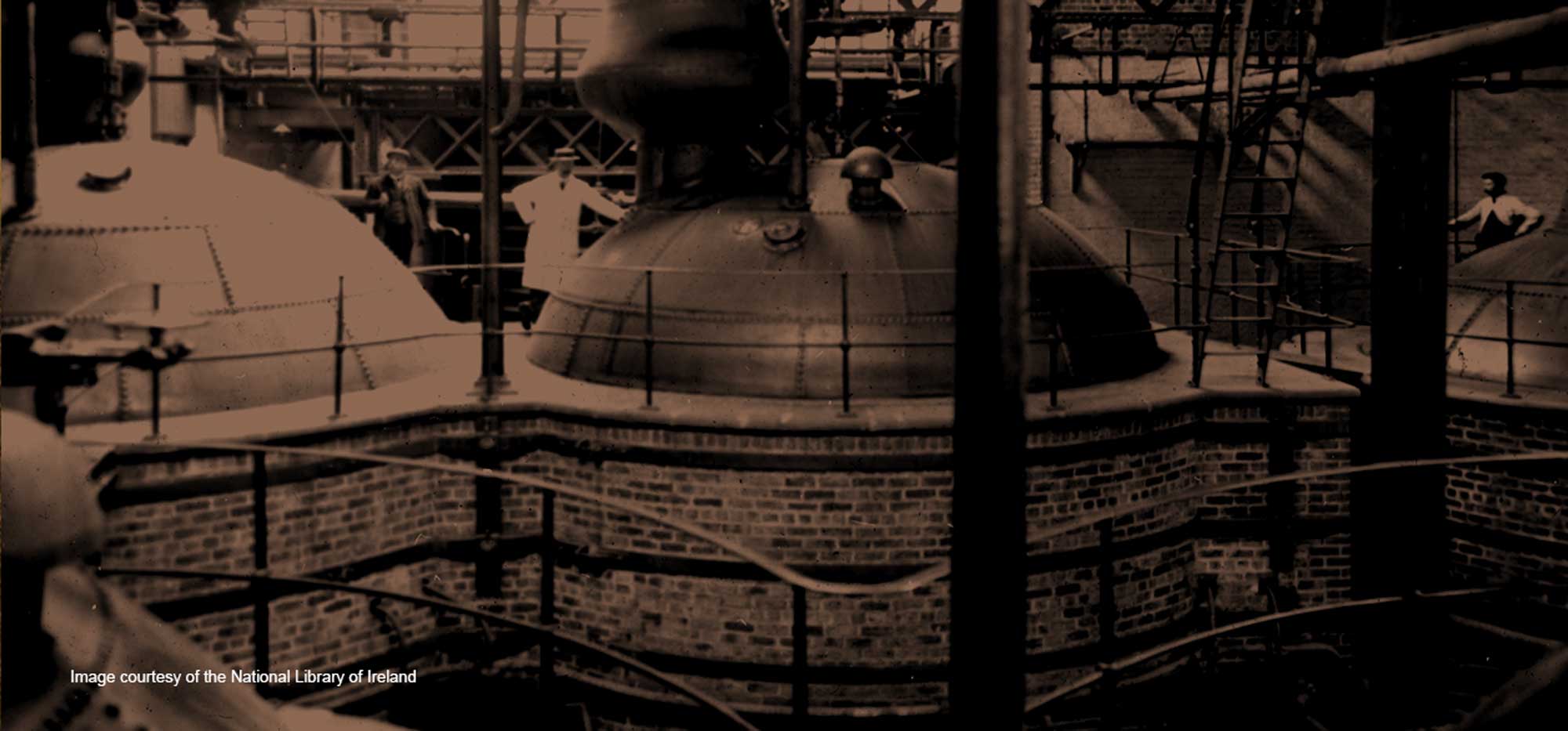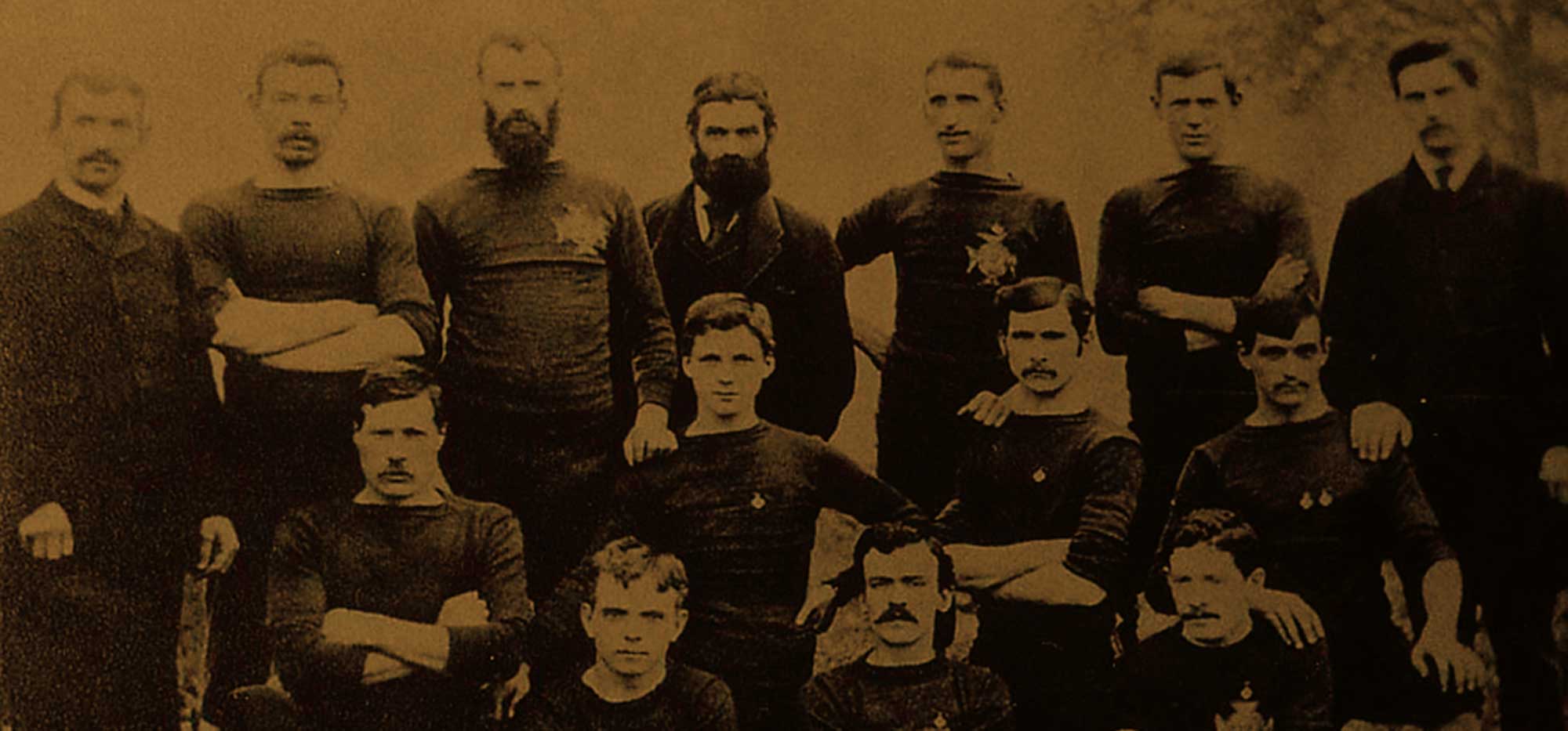For more than a century, Dunville’s Irish Whiskey was among the world’s finest and best-known whiskeys. An icon of its time, Dunville’s reign was ended in the midst of family tragedy. For almost 80 long years the only place to buy a bottle of Dunville’s Irish Whiskey was at auction, and even that was a rare find.
The Echlinville Distillery is now the proud custodian this iconic Belfast brand. It was their founding goal to bring The Spirit of Belfast back to the world and restore it to its place among the world’s best whiskeys.
Once the biggest and once more the best, this is the story of Dunville’s Irish Whiskey.
